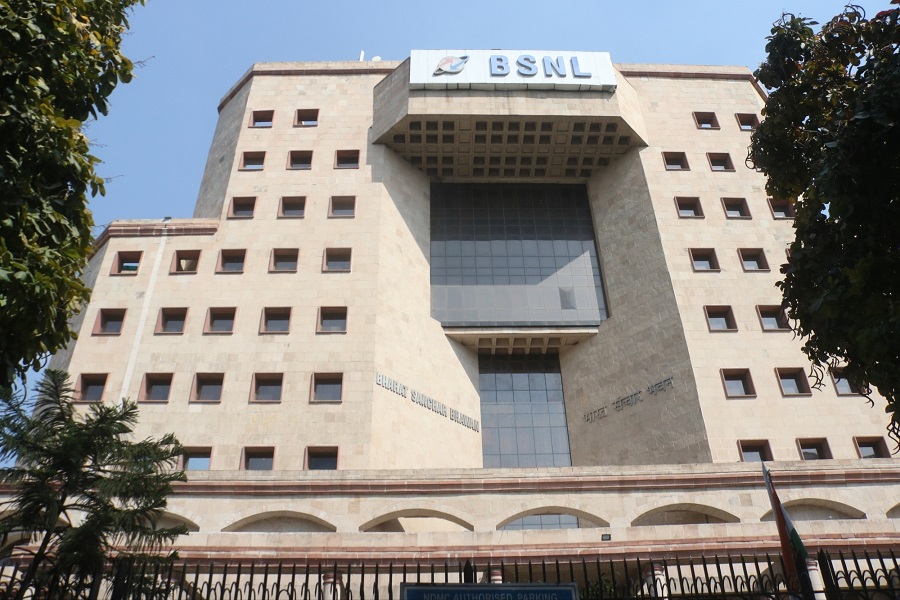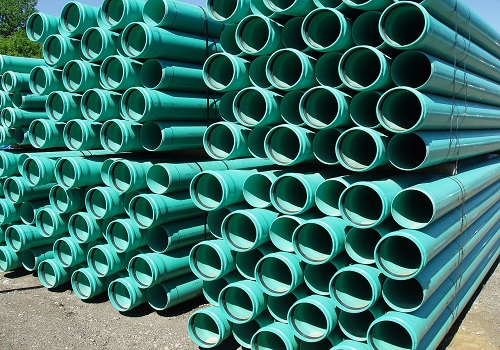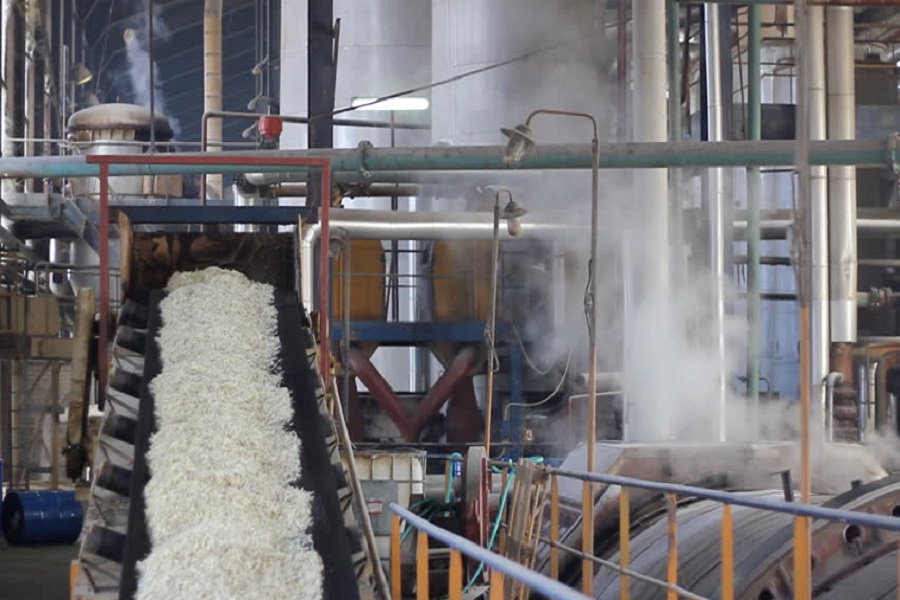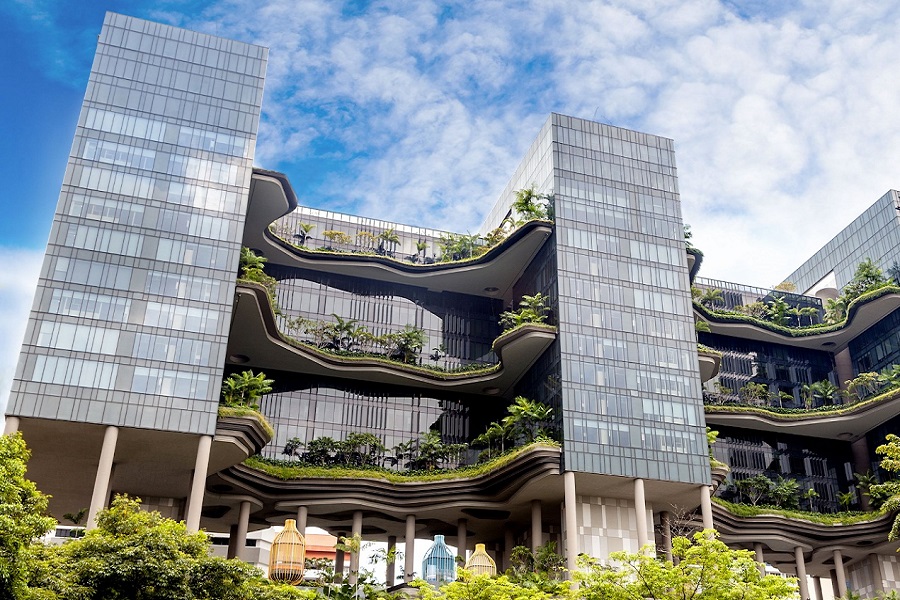Adani commissions largest Inter-regional 765 KV Warora-Kurnool Transmission line
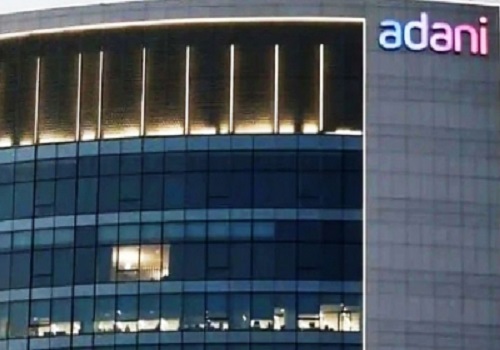
The Warora Kurnool Transmission (WKTL), spanning 1,756 circuit kilometers across Maharashtra, Telangana, and Andhra Pradesh, was fully commissioned by Adani Energy Solutions Limited (AESL).
The project will strengthen the national grid to ensure seamless power flow of 4500 MW between Western region and Southern region.
It will strengthen southern region grid and support large-scale integration of generation from renewable energy sources.
Warora Kurnool Transmission Limited (WKTL) was incorporated in April, 2015 to establish an additional inter-regional alternate current link for import into southern region, i.e., Warora-Warangal and Chilakaluripeta-Hyderabad-Kurnool, along with the creation of a 765/400 kV sub-station in Warangal.
WKTL is the largest 765 kV D/C (Hexa conductor) TBCB (tariff-based competitive bidding) project ever awarded under a single scheme.
It involved the laying of an 1756 ckm transmission line traversing across Maharashtra, Telangana and Andhra Pradesh and the construction of 765 KV sub-station in Warangal on a build, own, operate and maintain basis.
This was awarded on a Tariff-based competitive bid (TBCB) to Essel InfraProjects Ltd in early 2016 and subsequently acquired by AESL in March, 2021 following the stressed debt restructuring undertaken by lenders.
The magnitude of the project can be gauged from the fact that a total of 1,03,000 MT of steel was used for erecting the towers. This equals the amount of material that would be needed to set up 10 Eiffel Towers.
A total of 30,154 km of conductor was used for the transmission lines which is comparable to make three rounds of the moon.
What makes this important is that the required conductor material is made from specialised alloy.
An engineering and execution marvel, two mid-stream towers of 102 m height each with pile foundations was set up on the Krishna River for the first time ever.
Planning and execution was crucial for this, as only a three-month working window was available during the year, when the water level is low in the river. Among the other challenges were the erection of towers and the stringing of lines duly crossing 116 major power lines, railway electrified tracks and national highways.
Other superlative accomplishments included:
1,524 ckm of stringing was completed in 11 months, at a rate of 140 ckm/ month
100 MT tower erected per day with average 15 gangs and a peak mobilization of 40 gangs
Peak mobilisation of 2,000 workers across sites
The project also braved two black swan global events: Covid-19 and Russia-Ukraine war.
These caused disruptions in the entire commodity supply chain as well as leading to repeated demobilisation and mobilisation challenges.




